Introduction
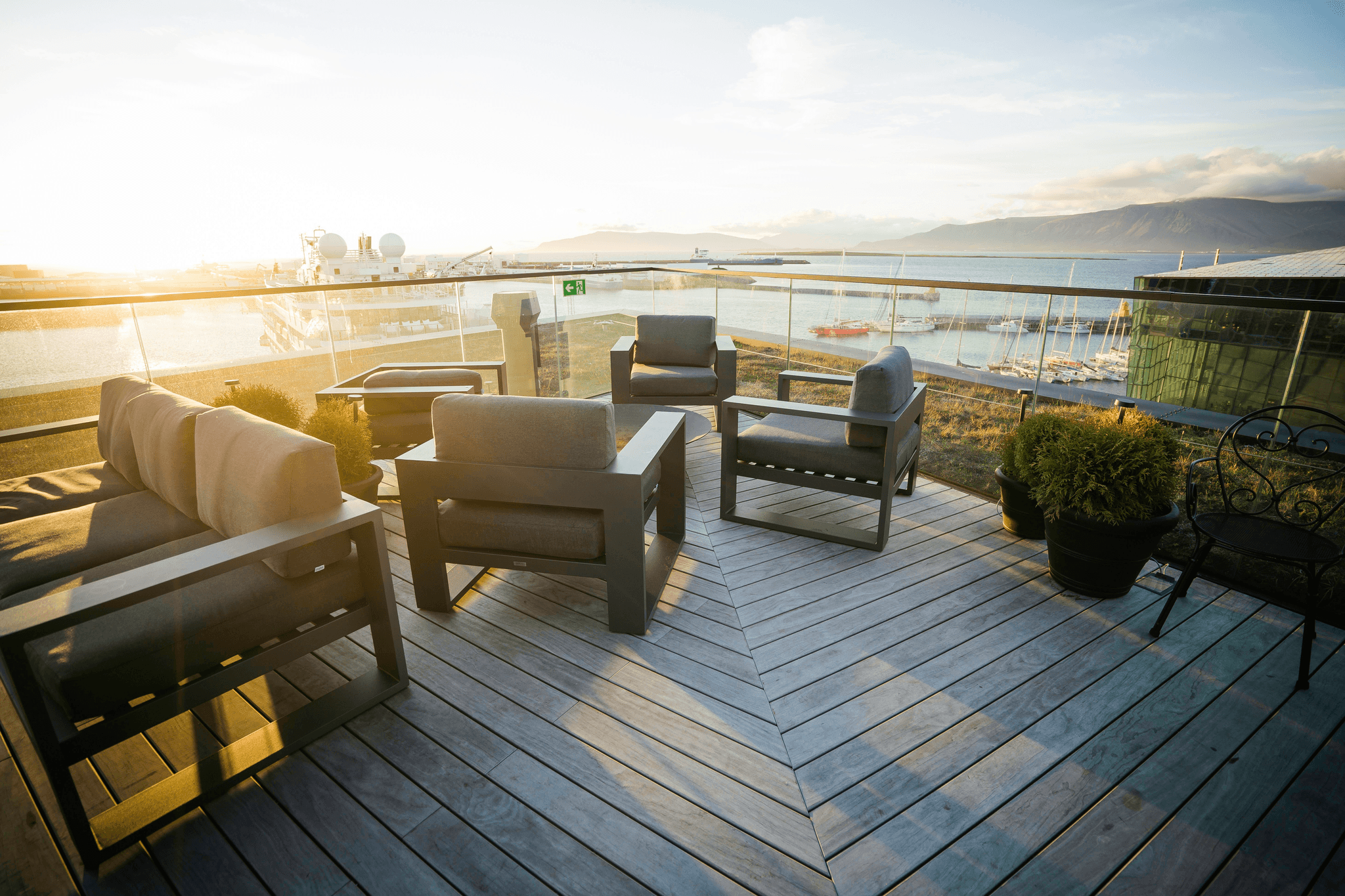
With so many options available, understanding the differences between composite vs PVC decking is crucial for any homeowner looking to enhance their deck. Each material has its unique characteristics, and knowing what they offer can help you make an informed decision that suits your lifestyle and budget.
Understanding Decking Material Choices
Decking material choices have evolved dramatically over the years, moving beyond traditional wood decks to include innovative solutions like composite lumber decking and PVC options. Homeowners now have a plethora of choices that range from natural wood to synthetic alternatives, each with its benefits and drawbacks. This variety allows for customization in aesthetics and functionality but also raises questions about durability, maintenance, and environmental impact.
The Battle of Durability
Durability is often a key factor when comparing composite vs PVC decking materials. Homeowners want decks that can withstand the elements without succumbing to warping, fading, or rotting—issues commonly associated with traditional wood decks. In this ongoing battle of durability, both composite wood decking boards and PVC offer impressive resistance to wear and tear but differ in how they handle specific conditions over time.
What Is Composite Decking?
Composite decking is a blend of recycled wood fibers and plastic materials designed to mimic the appearance of natural wood while providing enhanced durability. Unlike traditional wood decks that require regular maintenance, composite deck composite decking offers a low-maintenance alternative that doesn’t splinter or fade easily. As homeowners increasingly seek sustainable options for their outdoor spaces, understanding what composite wood entails becomes essential in making an informed choice for your home.
Composite Decking vs PVC Decking

Key Differences Between Materials
Composite decking is primarily made from a blend of wood fibers and plastic, resulting in a product that mimics the look of traditional wood decks while offering enhanced durability. On the other hand, PVC decking is crafted entirely from synthetic materials, making it inherently resistant to moisture and insects but lacking the natural appearance of wood. This fundamental difference leads to variations in performance, maintenance requirements, and overall aesthetics when comparing composite vs PVC decking.
In terms of texture and appearance, composite lumber decking often provides a more authentic wood-like finish due to its organic components. Conversely, composite wood decking boards can sometimes appear more uniform or plastic-like compared to their PVC counterparts. Ultimately, your choice may depend on whether you prefer the warmth of natural-looking materials or the sleekness of fully synthetic options.
Pros and Cons of Composite Decking
Composite decking boasts several advantages that make it an attractive option for homeowners looking for a balance between durability and aesthetics. One major pro is its resistance to fading, staining, and mold growth—qualities that keep your deck looking fresh with minimal upkeep over time. Additionally, composite wood tends to be more environmentally friendly since many brands utilize recycled materials in their manufacturing process.
However, it's essential to consider some downsides as well. Composite deck composite decking can be prone to scratching or denting if not properly cared for; this could lead to unsightly marks on your beautiful outdoor space. Furthermore, while installation may be straightforward for experienced DIYers, some products require specialized tools or techniques that could complicate matters for novices.
Pros and Cons of PVC Decking
PVC decking has carved out its niche by offering exceptional durability with minimal maintenance needs—a strong selling point for busy homeowners who want beautiful outdoor spaces without constant upkeep hassles. One significant advantage is its waterproof nature; unlike traditional wood decks or even some types of composite lumber decking which can absorb moisture over time, PVC remains impervious to water damage or rot issues commonly associated with wooden structures.
That said, there are trade-offs involved when opting for PVC decks as well—most notably concerning aesthetics compared with natural-looking alternatives like composite wood products available today! Many people find that while they appreciate how easy these synthetic surfaces are on maintenance fronts (think no sanding!), they miss out on those warm tones found within genuine hardwoods—after all who doesn’t love lounging around under an oak tree?
Choosing between these two popular options ultimately hinges upon personal preferences regarding looks versus function—both will serve you well but come equipped with distinct characteristics worth exploring further before making any final decisions!
Lifespan of Composite and PVC Decking
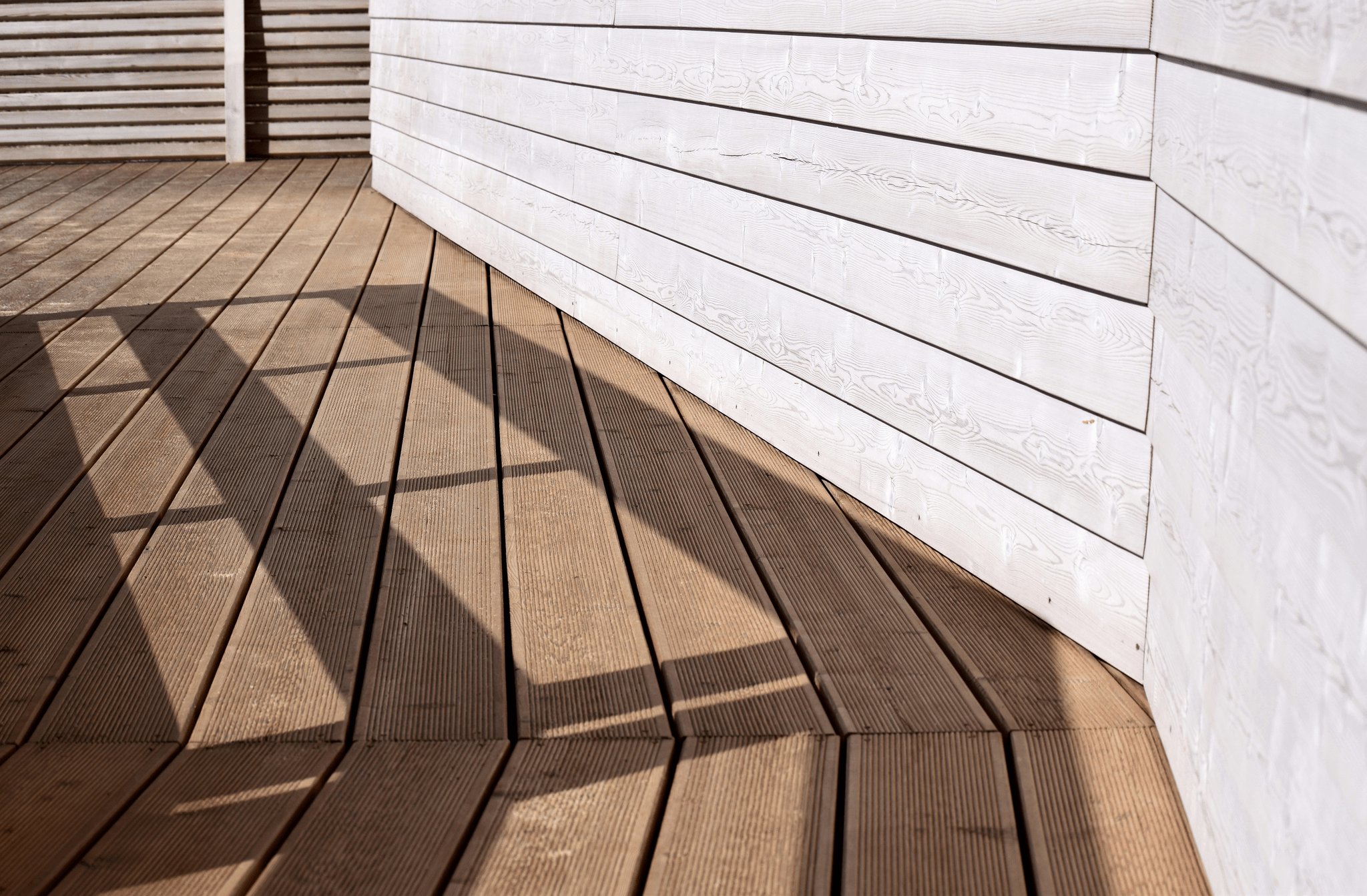
Composite vs PVC decking presents unique considerations in terms of lifespan, which can be influenced by various factors such as material quality, environmental exposure, and maintenance routines. Understanding these elements can help you make an informed decision on whether composite lumber decking or PVC is the better fit for your outdoor space.
Factors Influencing Longevity
The lifespan of both composite decking and PVC decking can vary significantly based on several influencing factors. For instance, the quality of the materials used plays a crucial role; higher-grade composite wood tends to withstand wear and tear better than lower-cost alternatives. Additionally, installation techniques, local climate conditions, and even foot traffic can affect how long your deck will last—after all, a well-installed deck composite decking system in a temperate zone will outlast one poorly constructed in an extreme climate.
Performance in Different Climates
Performance under varying climate conditions is another vital aspect when comparing composite vs PVC decking. Generally speaking, both materials perform admirably in moderate climates; however, extreme heat or cold can have different impacts on each type. While composite wood decking boards may expand or contract with temperature fluctuations, high-quality PVC decks are often more resistant to such changes but might become slippery when wet—an essential consideration for areas experiencing heavy rainfall.
Maintenance Requirements
Maintenance requirements can also play a significant role in determining the longevity of your chosen decking material. Composite lumber decking typically needs periodic cleaning to prevent mold and mildew build-up but doesn't require staining or sealing like traditional wood decks do. On the other hand, while PVC requires less upkeep overall due to its resistance to rot and insects, it still benefits from occasional cleaning to maintain its appearance—so don’t forget that elbow grease!
Environmental Impact of Decking Options
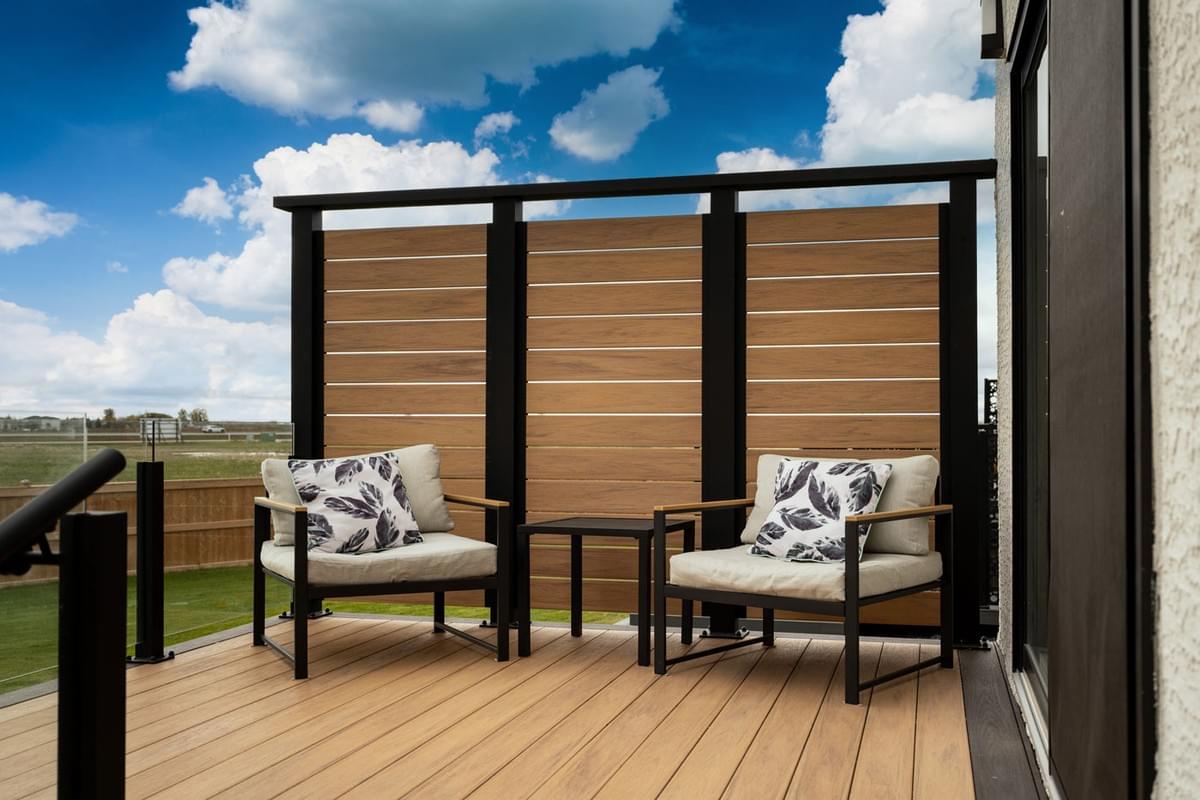
With the rise of eco-conscious consumers, understanding how composite vs PVC decking stacks up against traditional wood decks is essential. This section dives into the sustainability of composite decking, the recycling potential of PVC, and the broader effects each material has on nature.
Sustainability of Composite Decking
Composite decking is often touted for its sustainability, primarily because it’s made from recycled materials like wood fibers and plastic. This blend not only reduces waste but also minimizes the demand for virgin resources, making composite lumber decking a more environmentally friendly choice compared to traditional wood decks. Additionally, many brands are committed to sourcing their materials responsibly, ensuring that their production processes are as eco-friendly as possible.
Moreover, composite wood decking boards typically require less maintenance than their wooden counterparts, which means fewer chemicals and treatments that could harm the environment over time. The longevity of composite deck composite decking also plays a role in sustainability; since these materials last longer than traditional wood decks, they reduce the frequency of replacement and disposal. Therefore, when considering overall environmental impact, composite decking emerges as a strong contender.
Recycling and Eco-Friendliness of PVC
PVC decking has its own set of eco-friendly attributes that make it an appealing option for some homeowners. Made primarily from recycled plastics, PVC can be reused multiple times without losing its structural integrity or aesthetic appeal. However, while it’s recyclable at certain facilities, not all recycling centers accept PVC due to its complex composition.
The production process for PVC does involve some environmental concerns; however, advances in manufacturing have led to cleaner production methods that mitigate these issues somewhat. In terms of durability and maintenance-free living—two significant advantages—PVC decking requires no staining or sealing like traditional wood decks do. Thus while both options present pros and cons in terms of eco-friendliness, PVC still holds its ground within specific contexts.
How Each Material Affects Nature
Both composite vs PVC decking come with their unique footprints on nature's landscape; how they affect local ecosystems can vary significantly based on usage and disposal practices. Composite lumber tends to blend better with natural surroundings due to its organic appearance while also providing habitats for small wildlife if installed thoughtfully among gardens or landscapes.
On the other hand, while vinyl's durability means it doesn’t contribute much waste during its lifespan—when disposed improperly at end-of-life stages—PVC can lead to environmental harm due to its resistance to degradation in landfills. It's essential for consumers choosing between deck composite options to consider not just initial aesthetics but also long-term ecological impacts when making decisions about which material will grace their outdoor spaces.
Cost Comparison: Composite vs PVC
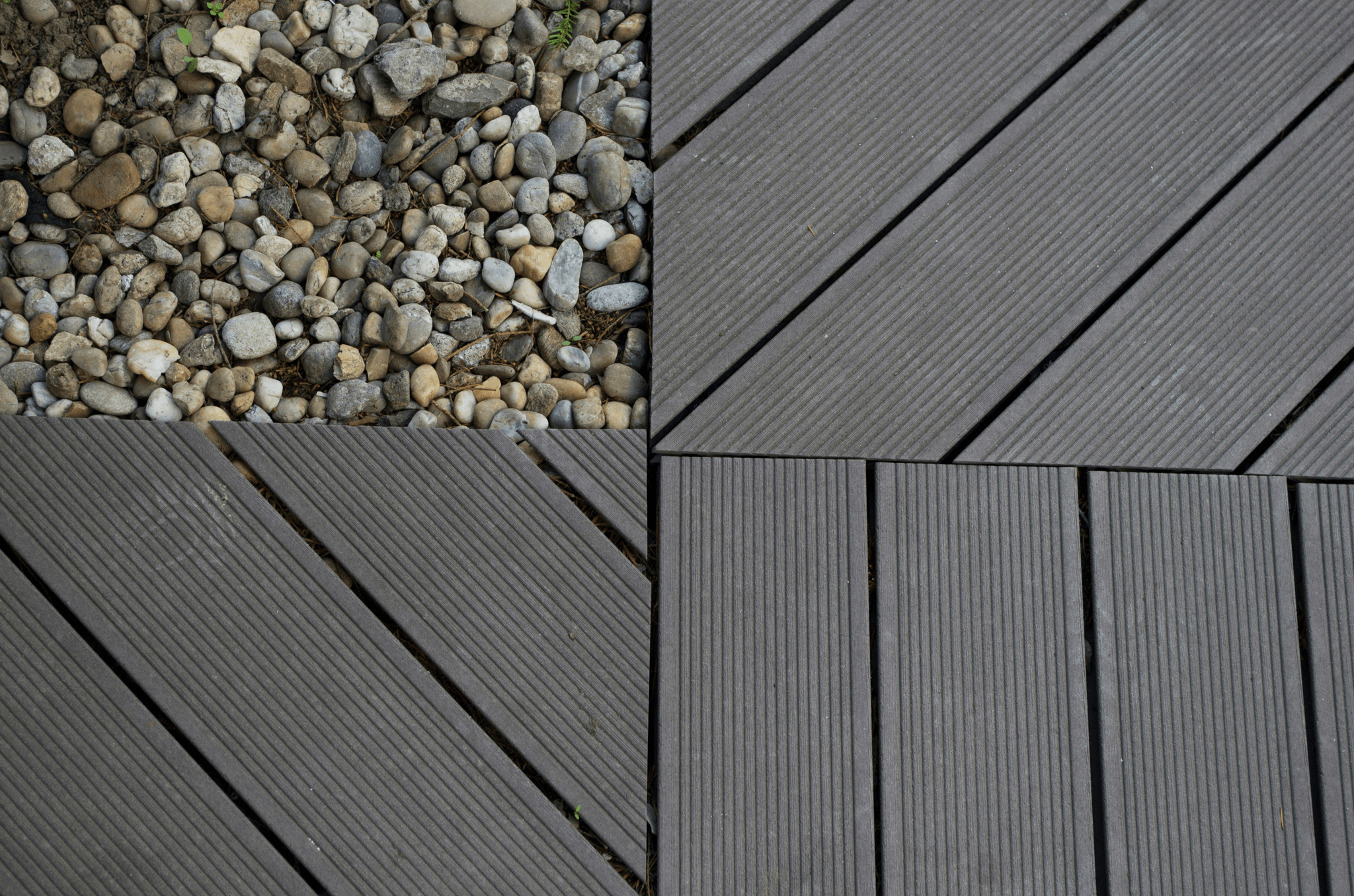
The debate between composite vs PVC decking isn't just about aesthetics or durability; it's also about how much you're willing to invest upfront and what that investment will yield over time. Understanding the financial implications of each option can help you make a more informed decision.
Initial Investment vs Long-Term Value
The initial investment in composite decking tends to be higher than that of PVC decking, primarily due to the materials and manufacturing processes involved. However, while composite lumber decking may require a heftier wallet at first, its long-term value often outweighs those initial costs. Homeowners frequently find that the durability and low maintenance requirements of deck composite decking lead to savings over time, making it a wise financial choice.
Conversely, PVC decking typically has a lower upfront cost but can fall short in terms of longevity when compared to composite wood decking boards. This means that while your initial expenditure may be less with PVC, you might end up spending more on replacements or repairs sooner than you would with composite options. Ultimately, evaluating both initial investments and long-term value is crucial for determining which material aligns best with your budget and lifestyle.
Hidden Costs of Maintenance
While both composite and PVC decks are touted as low-maintenance options compared to traditional wood decks, there are still hidden costs associated with each material. For instance, although composite wood requires less upkeep than natural wood, it may need occasional cleaning or sealing depending on environmental factors like climate and exposure to sunlight. Neglecting these tasks could lead to premature wear and tear, ultimately increasing your overall investment in deck maintenance.
On the other hand, while PVC is resistant to rot and insects—two common issues with wood decks—it isn't entirely maintenance-free either. Some brands might require periodic washing or special cleaners designed for vinyl surfaces to maintain their appearance over time. When considering hidden costs of maintenance for either option, it's essential not only to look at the price tags but also at potential ongoing expenses that could affect your budget down the line.
Resale Value Considerations
Choosing between composite vs PVC decking can also impact your home's resale value—a critical aspect for many homeowners planning future sales or upgrades. Generally speaking, properties equipped with high-quality composite wood tend to attract buyers more easily due to its aesthetic appeal and reputation for longevity. This means investing in quality deck composite decking could yield a better return on investment when it's time for you to sell.
In contrast, while PVC might initially seem appealing due to its lower price point, some buyers may perceive it as less desirable compared to traditional materials like hardwood or premium composites. As such, if resale value is paramount in your decision-making process regarding decking material choices—particularly if you're considering selling soon—you may want lean toward durable options like composite lumber decking that resonate well within real estate markets today.
Consumer Preferences and Experiences
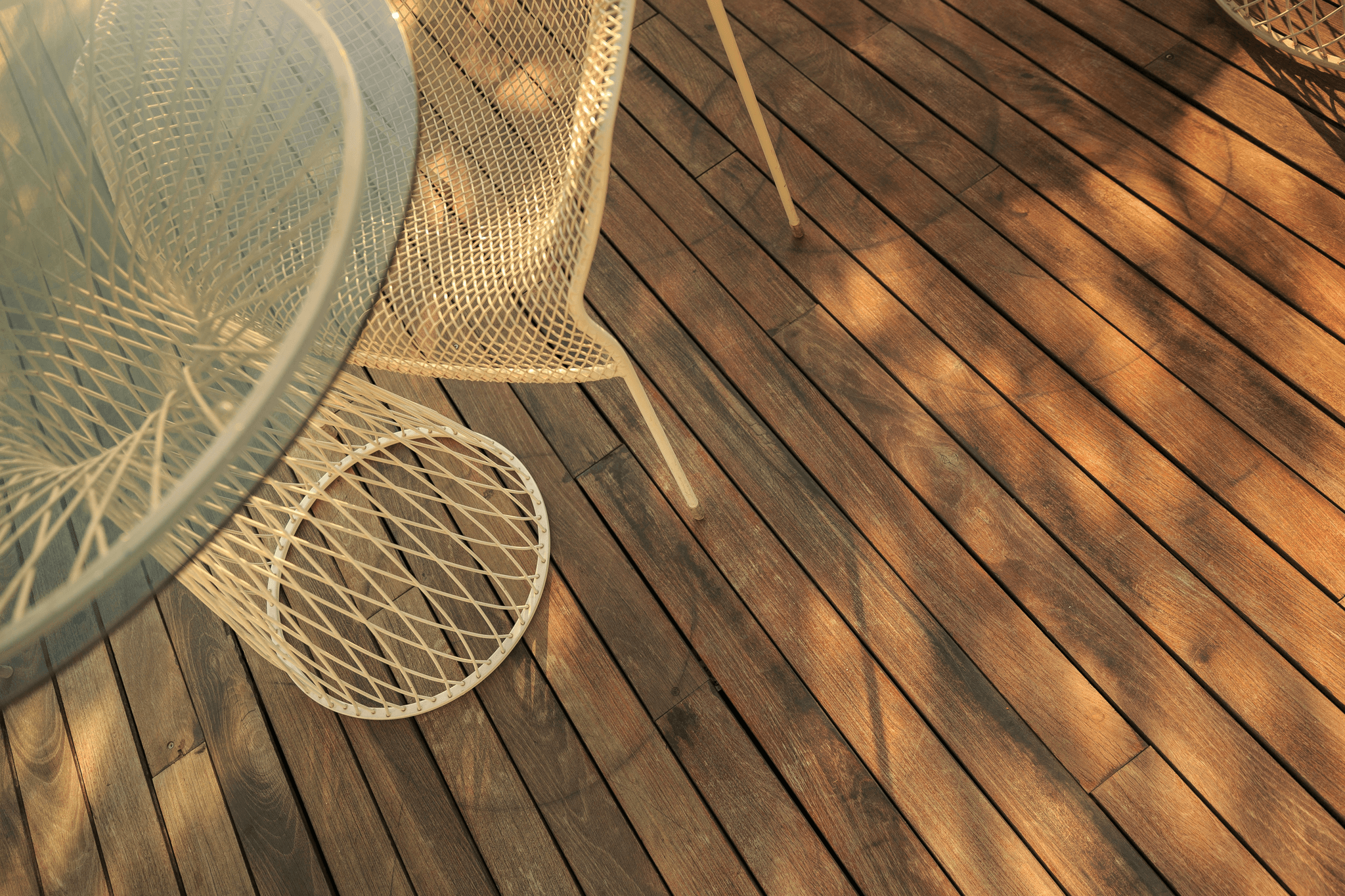
When it comes to decking material choices, consumer preferences often sway between composite vs PVC decking. Homeowners are increasingly leaning towards composite decking due to its aesthetic appeal and durability compared to traditional wood decks. However, PVC decking is also making waves for its low maintenance requirements and resistance to moisture, making the choice a tough one.
Popular Brands in the Market
Several brands dominate the composite vs PVC decking landscape, each with unique offerings that cater to varying consumer needs. Trex and TimberTech are two of the most recognized names in composite lumber decking, known for their innovative designs and eco-friendly manufacturing processes. On the other hand, brands like Azek lead the charge in PVC decking, providing products that promise longevity without compromising on style.
Customer Feedback on Decking Materials
Customer feedback plays a crucial role in shaping perceptions about composite wood decking boards versus their PVC counterparts. Many users of composite decking rave about its natural wood-like appearance combined with superior durability; they appreciate how it resists fading and staining over time. Conversely, customers who opt for PVC report high satisfaction due to minimal upkeep requirements—no sanding or sealing necessary! However, some express concerns about heat retention on hot days when using PVC materials.
Case Studies: Composite Decking Inc
One notable case study involves Composite Decking Inc., which has successfully showcased the benefits of deck composite decking through real-life applications. Homeowners who installed their products report enhanced outdoor living spaces that withstand harsh weather conditions while looking stunning year-round. This company highlights how their composite wood offers a sustainable alternative to traditional wood decks by using recycled materials without sacrificing quality or aesthetics.
Conclusion
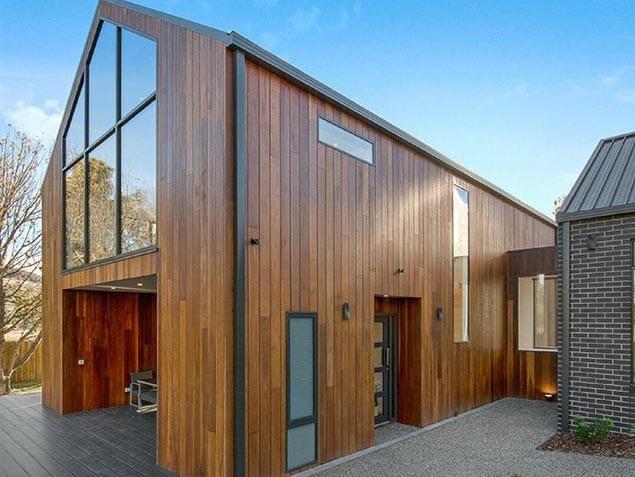
In the world of decking materials, the choice between composite vs PVC decking can be a challenging one. Each option has its unique set of benefits and drawbacks, making it essential to weigh them carefully against your specific needs and preferences. Ultimately, whether you lean towards composite decking or opt for PVC will depend on factors like budget, aesthetic desires, and maintenance willingness.
Choosing the Right Decking Material
When selecting the right decking material for your home, it’s crucial to consider how you plan to use your outdoor space. Composite wood decking boards offer a blend of durability and low maintenance, making them popular among homeowners who want a beautiful deck without constant upkeep. On the other hand, PVC decking provides exceptional resistance to moisture and fading—ideal for those in humid climates or near water features.
The Importance of Longevity in Decking
Longevity is a significant factor when comparing composite vs PVC decking; after all, no one wants to replace their deck every few years! Composite lumber decking typically boasts an impressive lifespan due to its resistance to warping and splintering compared to traditional wood decks. Investing in quality materials now can save you time and money down the line—who wouldn’t want that?
Making an Informed Decision for Your Home
Making an informed decision about your decking material means considering not only aesthetics but also functionality and environmental impact. Whether you choose composite wood or go with PVC options like deck composite decking, ensure that it aligns with your lifestyle needs and values. Remember, this is more than just a purchase; it's about enhancing your outdoor living experience for years to come!
